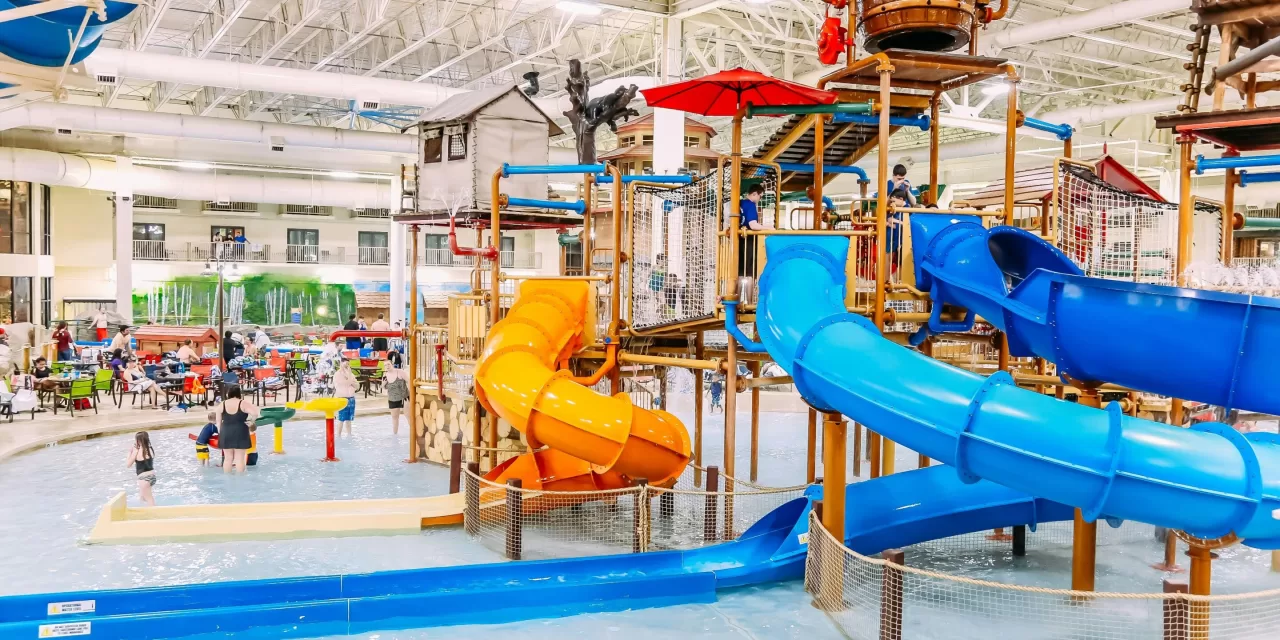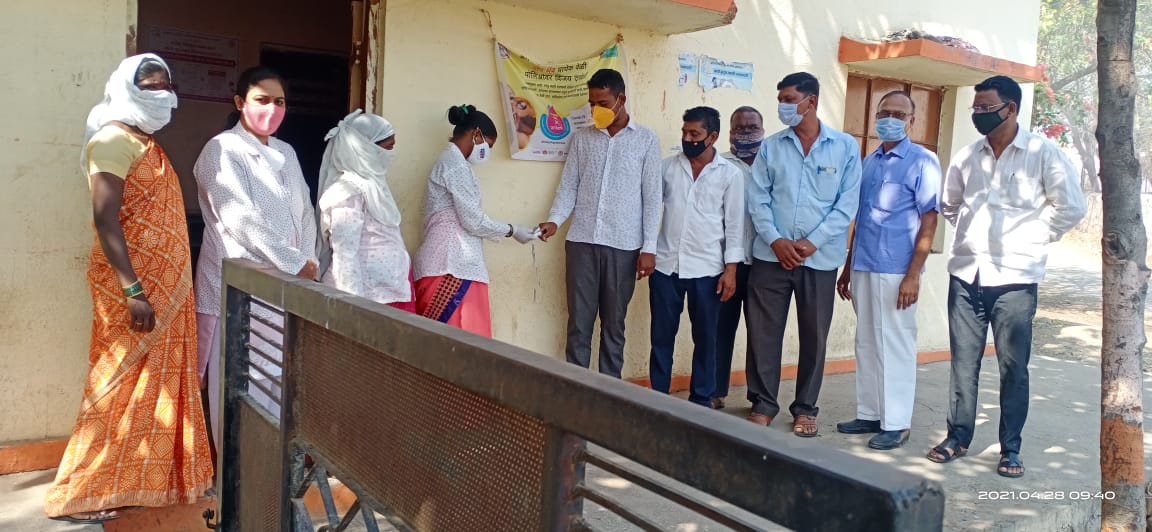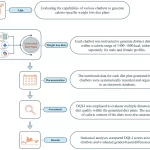As temperatures rise, splash pools and water parks become go-to destinations for families looking to cool off. But recent findings reveal that these fun-filled aquatic venues may pose hidden health risks, particularly for children, if water quality is not properly maintained.
The U.S. Centers for Disease Control and Prevention (CDC) recently reported that between 1997 and 2022, 60 outbreaks of waterborne infections were traced to splash pads and other recreational water facilities. These outbreaks resulted in over 10,000 infections and 152 hospitalizations, primarily affecting children. Thankfully, no deaths were reported.
Bugs in the Water
The main culprits of these infections are cryptosporidium (a parasite causing severe diarrhea), shigella (a bacterium linked to gastrointestinal distress), and norovirus (a common cause of stomach flu). Children, who are more likely to swallow small amounts of water during play, are particularly vulnerable to these pathogens.
In healthy individuals, cryptosporidium typically causes watery diarrhea and stomach cramps but can lead to more severe illness in those with weakened immune systems. Alarmingly, this parasite is highly resistant to chlorine, the primary chemical used to sanitize recreational water.
How Contamination Occurs
Splash pads are designed to prevent standing water, reducing drowning risks. However, their water is often recycled and stored in tanks, which can create challenges in maintaining cleanliness. As children play, traces of sweat, urine, and feces can wash off their bodies into the water, introducing germs that may spread via the spraying jets.
Chlorine, while effective against many pathogens, can be depleted by organic matter such as human waste and sweat. Sunlight and heavy use during peak times further weaken chlorine levels, making it harder to keep water safe.
The Situation in the UK
While the UK lacks national data on splash pad infections, outbreaks in indoor water facilities are a recognized public health concern. Cryptosporidium is a significant issue in the UK, particularly among children under five, highlighting the need for vigilance in maintaining water quality.
Staying Safe in Splash Pools
To minimize the risk of infection:
- Parents should avoid bringing children with stomach upsets to splash pools until at least 48 hours after symptoms subside.
- Encourage children to avoid urinating or defecating in the water.
- Showering before entering the pool can help reduce contaminants.
- If the pool is crowded, consider waiting for a quieter time to visit.
For facility operators, regular water quality monitoring and thorough pathogen testing are essential to prevent outbreaks. Ensuring chlorine levels remain sufficient is critical, especially during busy periods.
By taking these precautions, families can enjoy the fun of splash pools while reducing the risk of exposure to harmful germs.











